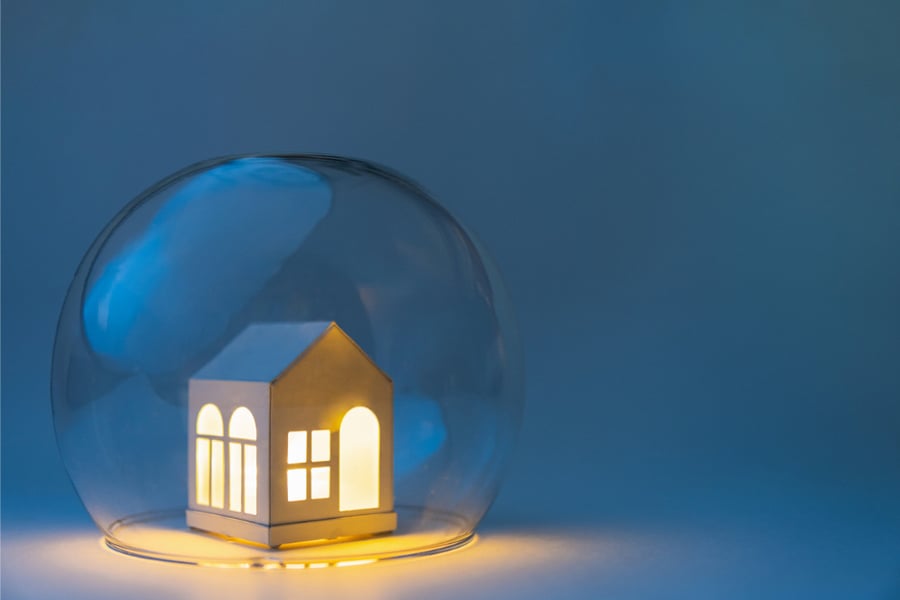House prices are surging, but one important factor means that the central bank isn't concerned

The average Australian property price has recovered from its COVID shock, and has started its inexorable climb, delighting millions and disappointing any others not yet on the property ladder.
And while some pundits were forecasting doom and gloom, it’s hard to find anyone at the moment who doesn’t think real estate is going to continue to go gangbusters.
While all the talk of a property boom might worry some that the RBA could step in to apply a brake, that appears to be unlikely. Speaking yesterday at a parliamentary economics committee, the central bank’s governor, Philip Lowe said “It would be inappropriate for us to target asset prices. That’s not our job and shouldn’t be our job. What the monetary system can do is influence the average level of prices of goods and services.”
Even though there is a surge in prices – it’s a patchy surge. “Apartment prices are still falling. Rents are falling, that’s good for renters,” said Lowe.
“People are choosing, where they can, to live in houses during the COVID times. It does appear that the trend is towards higher house prices.”
So, despite rapid growth, the RBA is unconcerned as it sees one important factor to keep a rein on runaway prices – and that factor is population growth.
Lowe told the committee that unless there was strong population growth he would find it “ hard to see a shift in house prices.”
“At the moment I’m not particularly concerned about housing prices rising too dramatically, largely due to population growth dynamics,” he continued.
“Sydney and Melbourne have been most affected by the rapid slowdown in population.”
The COVID-19 pandemic has had a remarkable effect on Australia’s population – it slumped nearly 1.5% in March, and government budget papers show that it is expected that growth will slip to the slowest since 1942.
That having been said, Lowe was happy, for once, to give some financial advice to first time home buyers.
“It's actually a good time, if you're a first home buyer, to buy the property you've wanted," He said. "Interest rates are low, they're going to stay low.
"There are very large government incentives for first home buyers, and housing prices really across the country are no higher than they were three years ago. So, for a first home buyer with income security, I think it is a good time to buy.
"And many first home buyers must agree with me because demand from first homeowners at the moment is very strong.
"People are responding to the very strong incentives that governments, both the federal government and state and territory governments, have laid out."
No wonder then that ABS figures show the number of monthly new loans for first time home buyers has jumped 46% over the last 12 months.
And, is there anything that might make him change his mind? Yes, a rush to low deposit loans might well do the trick.
"I think given the cautiousness of the banks and the change in peoples' attitudes to debt, we're not going to see people rushing to the banks to try to borrow 90 to 95 per cent of their loan,” he said.
"But if they do, then we'll have to have a discussion with the Australian Prudential Regulation Authority (APRA), the bank regulator, about whether there should be some control there."



